The NHS is now offering a new diet that can reverse type 2 diabetes in those afflicted with the condition. A new study looked into the efficacy of the revolutionary shake and soup diet. The research suggests positive news for the millions of people who suffer from the disease. The solution requires a few dietary lifestyle changes that some might find ‘hard to swallow’.
They will have to endure a few months of only consuming soups, shakes, and meal-replacement bars before solid foods are slowly reintroduced. However, with the study showing such promising results, it’s a change many are likely to make.
The Type 2 Diabetes Problem
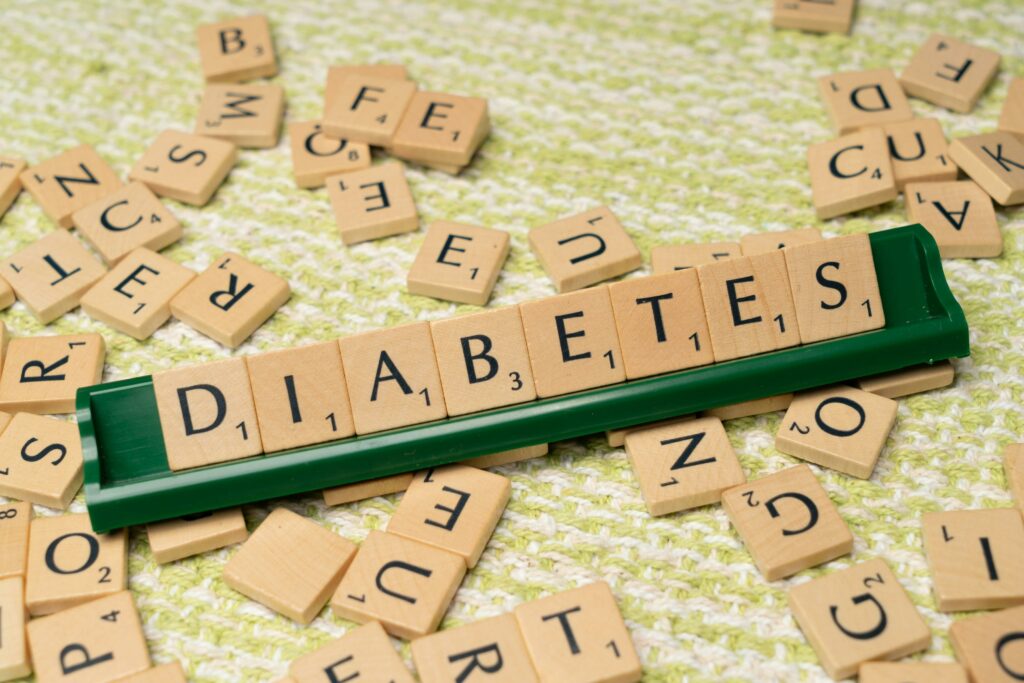
There are many types of diabetes, but the most prevalent types are type 1, type 2, and gestational diabetes. The other types of diabetes only account for 2% of those afflicted with the condition. Approximately 90% of diabetic individuals in the UK have type 2 diabetes, which can be a serious and lifelong affliction. With this condition, your pancreas cannot produce enough insulin, causing your blood sugar levels to rise. Left untreated, these high sugar levels can negatively impact your body, affecting parts such as your heart, eyes, and feet. [1] Therefore, finding a suitable treatment that can reverse type 2 diabetes is vital.
Read More: Avoid These 5 Foods if You Have Kidney Disease and Diabetes
The Link Between Obesity and Diabetes
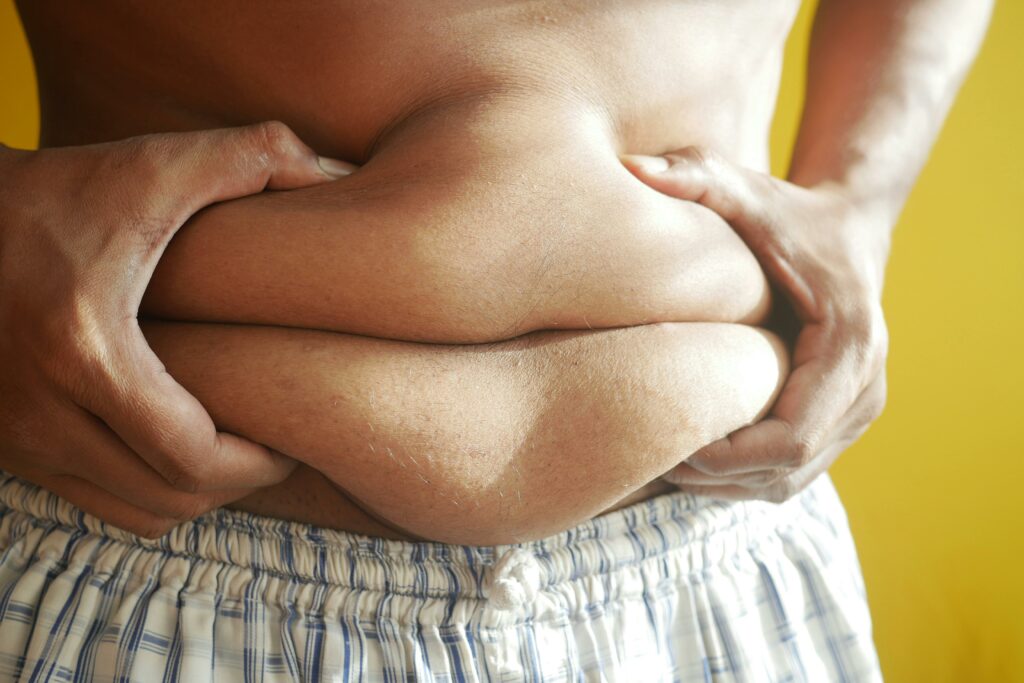
With type 1 diabetes, a person’s insulin levels begin to fall because the pancreas gets attacked by the body. However, with type 2 diabetes, the cause is either declining insulin levels or a lessening of sensitivity to its effects. This regularly results from an increased percentage of body fat and obesity. It is linked to factors such as high blood pressure and a history of diabetes in the family. Certain ethnicities, such as Africans, Caribbeans, and South Asians are more likely to develop this type of diabetes from a young age. [2]
How Type 2 Diabetes is Treated
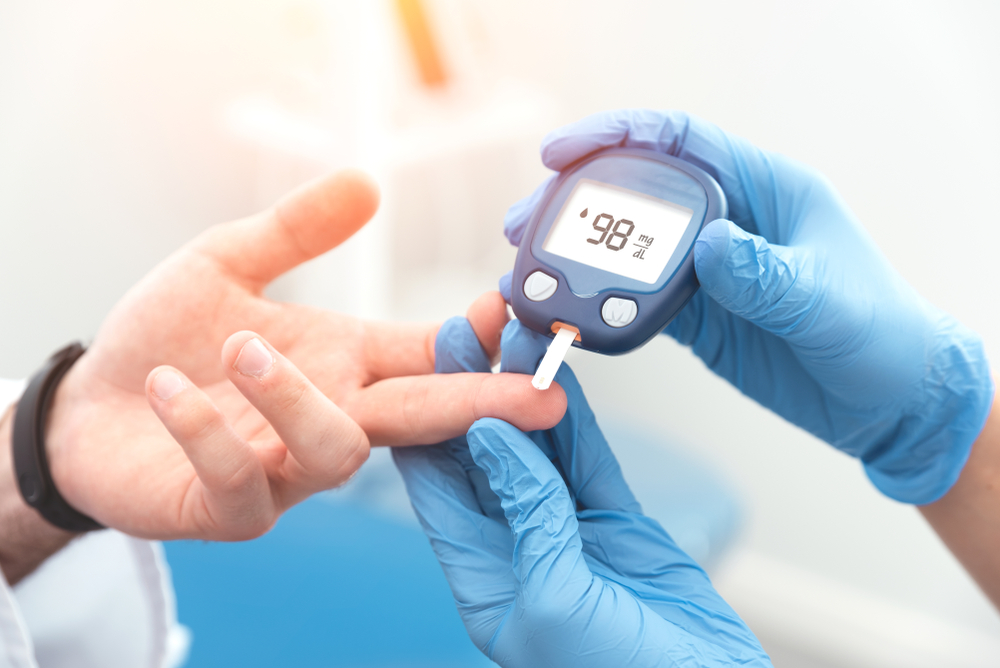
Diabetes is usually managed using certain treatments such as insulin therapy. Those with type 1 diabetes typically inject doses of insulin under the skin. However, with type 2 diabetes, several various injectible and oral medications can be used to increase the levels of insulin in the body. Yet, the first step that people can take is modifying their lifestyle and diet, particularly focusing on losing weight. Weight loss has been linked to an increase in sensitivity to insulin.[3] In some cases, some people were even able to reverse type 2 diabetes by reducing their HbA1c levels back to below 48.
The NHS Diet
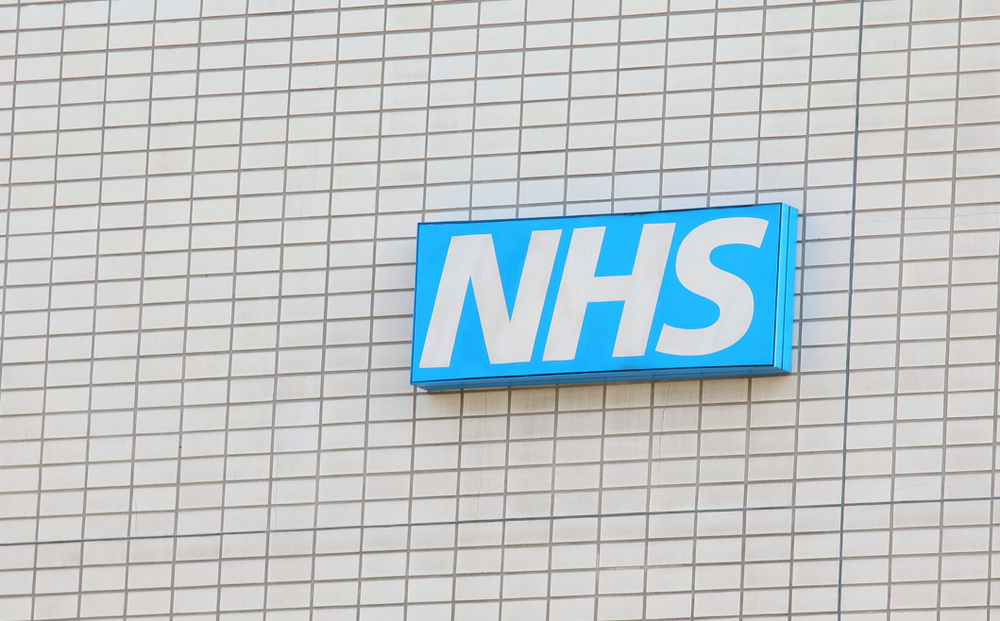
Most rapid weight loss diets involve restricting the intake of calories and intermittent fasting. Some people find it hard to maintain these calorie-restriction diets due to portion control and their choice of food. Many people find it challenging to consume the right foods that will supply enough nutrients and make you feel full at the same time. If you don’t feel full, you are more likely to stray from your diet. The NHS diet is considered a total diet replacement. In this diet, the usual solid foods are replaced with easy-to-digest semiliquids. The NHS diet is designed to have all the necessary nutrients but as few calories as possible (800-900 kcal). The diet initially solely consists of shakes, soups, and health bars. Progressively, other foods are reintroduced, bridging individuals to a maintainable healthy diet over 12 months.
Read More: Help Prevent Type 2 Diabetes and Balance Blood Sugar with These 10 Foods
Results of the NHS Diet Study
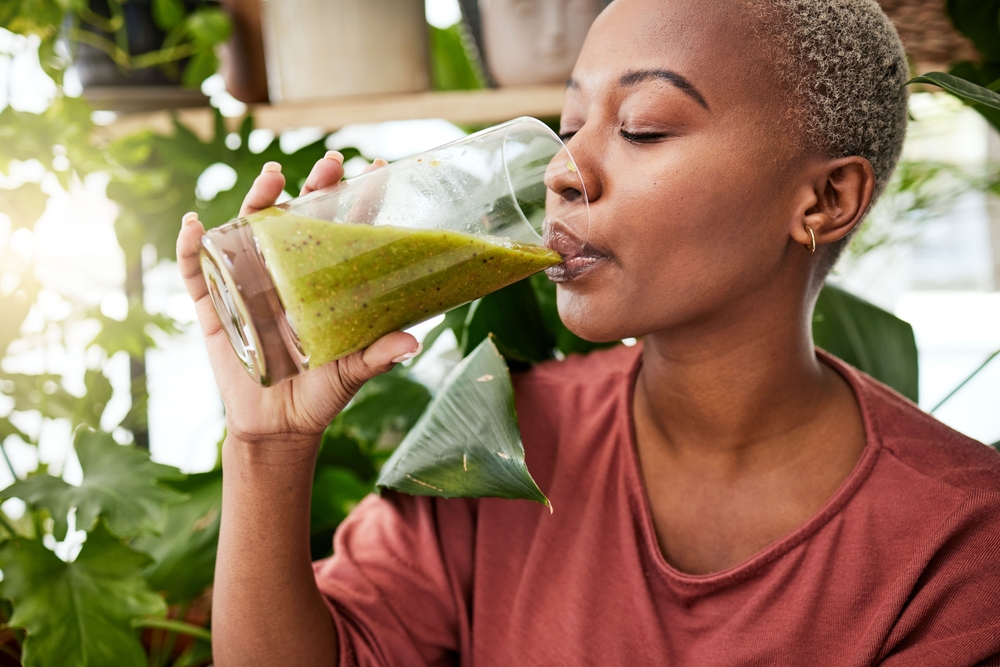
The research initially began with randomized control trials, which showed promising results. The NHS then rolled out trials in clinical practice on a large scale. The study examined data on 7,540 individuals who partook in the trials between September 2020 and December 2022. From that group, 945 people completed the 12-month diet, and their blood samples were taken. The results of the NHS study confirmed that this diet can lead to weight loss, effectively decreasing HbA1c levels. In several cases, this proved enough to reverse type 2 diabetes in subjects, putting 32% of subjects into remission.
The Bottom Line

The NHS diet study has revealed promising results, with many people losing weight and reversing type 2 diabetes by implementing it. However, many individuals who partook in the study found it difficult to stick to a semiliquid diet. Diets that are based on extreme calorie restriction are also not suitable for everyone. For instance, calorie-restriction diets could potentially result in developing hypoglycemia for those using insulin. [4] It may also not be suitable for women who are breastfeeding or pregnant, as well as children and teens. However, for the rest who can stomach such a restricted semiliquid diet, it is highly recommended to try it. If you have any reservations regarding whether this diet is suitable for you or not, then visit your doctor for further medical advice.
Read More: Study: Deadly Flesh-Eating Genital Infection Linked to Certain Diabetes Medication
Sources
- “Types of diabetes.” Diabetes UK
- “Diabetes risk factors.” Diabetes UK
- “Insulin Resistance.” Cleveland Clinic
- “Effects of Calorie Restriction on Health Span and Insulin Resistance: Classic Calorie Restriction Diet vs. Ketosis-Inducing Diet.” NCBI. Ana Napoleão, et al. April 15, 2021.

